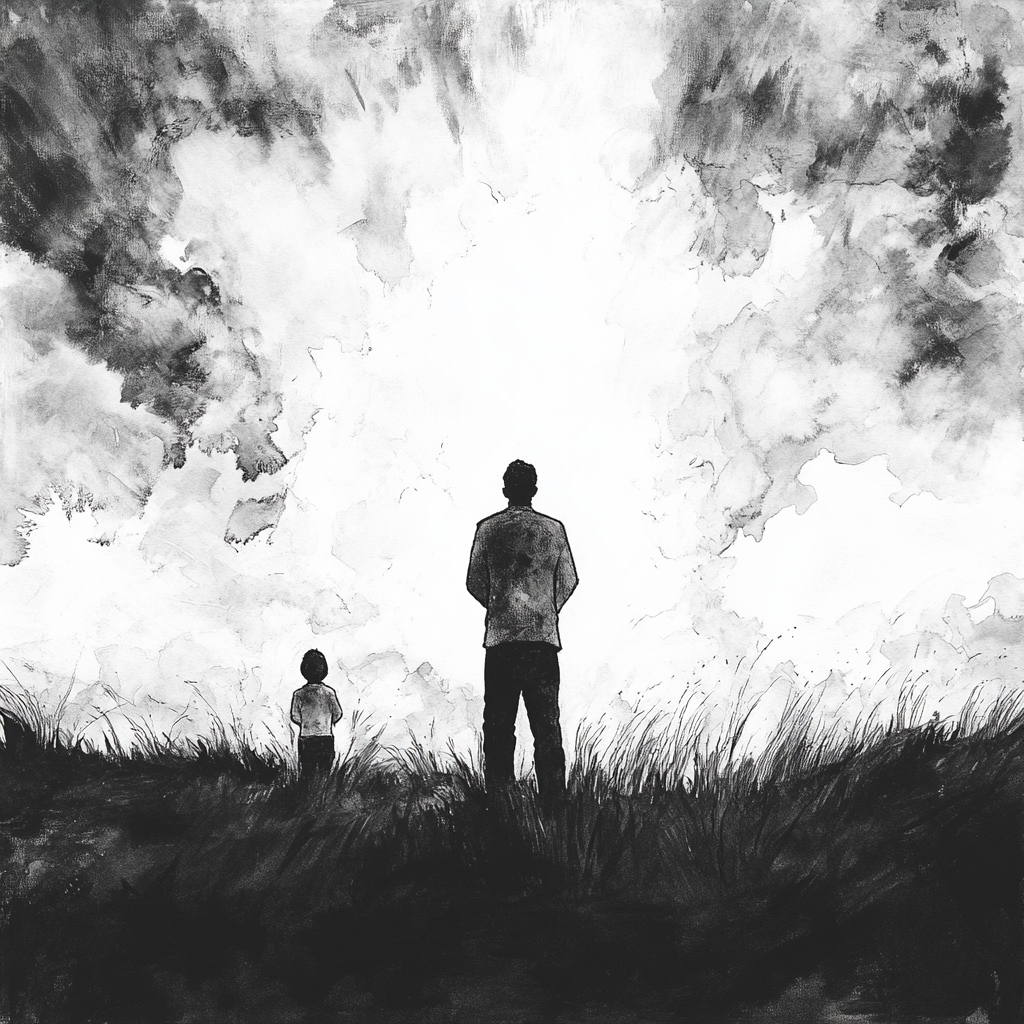Not Sure Prayer Works? Pray Anyway.
I’ve been praying for a young girl. She’s battling a rare disease, and it’s gone on for month and months. I keep praying, and yet I often wonder about praying for others—“intercession,” in the classic types of prayer.
At some point I let go of prayer as telling God stuff, asking God for things, getting God to do what I think is best (even if I added that little caveat about “thy will be done”). It was a great relief. I could simply drop into the Presence, relinquish my agendas, get off the monkey-mind merry-go-round and just be quiet. Long enough for some Other voice to speak in my heart. I didn’t say anything and God didn’t exactly say anything, but there was an understanding.
The basic assumption of contemplative prayer is that God is already at work in your life. We don’t have to force God to come to us—God is already nearer than our breath. We don’t have to get God to start fixing things—God is already making all things new . . . if only we would consent to God’s presence and action in our lives. Prayer, then, is our continual consent, our never-ending Yes.
But what about when someone is in need, when someone asks us to pray for them or for their loved one? The request seems to deny that basic assumption—that is, God is not at work in this person’s life, and somehow we have to change that.
Honestly, I don’t know how to solve this. I only know that I keep praying for that little girl. She needs me to do for her what she can’t for herself, and, really, that’s true for adults too. When we’re in crisis, we can hardly breathe, much less pray. All we can muster is one of Anne Lamott’s three essential petitions, “HELP!” (the other two are THANKS and WOW). We need someone else to pray on our behalf—like being injured and sending a substitute into the game.
When I pray for this girl, it is not so much for some outcome, though I often fall back on cries for a miracle, for the disappearance of this damn disease. To pray for her is to pray in her place. After all, isn’t that the definition of “intercession”? If I can find my way into the Light, I can hold her there. If I can let go of my small powers and access for one moment the mighty power of God, I can—in my imagination—lay my hands upon her head and confer that power of blessing and healing.

Love this metaphor: prayer is “like being injured and sending a substitute into the game.” And I love the image, the visual image, of hands laid on the head; prayer as palpable blessing.
It reminds me that prayer (like faith) is communal. I remember, years ago, when I was a parish priest, new in ministry, I was roiling in doubt and shared it at a clergy gathering. After I’d finished speaking, a fellow priest came up to me and said, matter of factly, “Well, until you can believe for yourself, we’ll believe for you.”
Yes—it’s communal. When we can’t muster belief in the Bible or the Creed, others believe for us, until we can emerge from the ‘dark night’ and believe on our own again.
And prayer is like that too, I think.
Sometimes I think prayer is just being together and remembering that we are held together in the eternal embrace of God, no matter what. The image doesn’t take away the pain, just drops it into profound love and reminds me that we are never lost to God. Thanks, David
Yes to this—“The image doesn’t take away the pain, just drops it into profound love and reminds me that we are never lost to God.” Pain held in profound love.
Thank you.
I’ve moved between trying to pray “without ceasing” and “leaving my prayer” in faith. Many times I don’t know what to pray for my loved one or friend anymore than they do (though I know the Spirit translates). I have settled on asking God to help with, be with, intervene in their deepest need. That covers what I can’t even imagine, and gives me peace, too.
I love your prayer, and thank you for reminding us that the Spirit translates for us. Thank God for that!
I don’t remember much from sermons but I remember – from 40 years ago – the preacher saying, “When we pray there is nothing we can tell God that God doesn’t already know. We don’t pray to change God’s mind. We pray so God can change ours.” Truth, that.
Truth, that indeed!
Reminds me so much of your sermon at Christmastime 2008; “Pray for strength, not for outcomes.” And now, to “consent to God’s presence” in our lives. It changed the way we thought about prayer, as does this. Thank you.
I don’t remember that sermon, but I’m glad you reminded me. So often our prayers for some “perfect” outcome is just a “spiritual” cover for our ego needs.